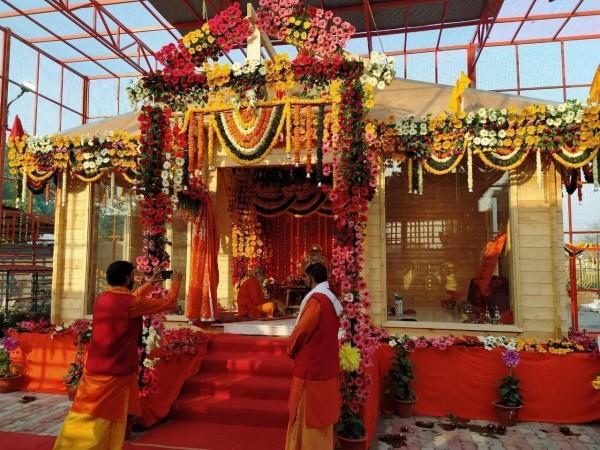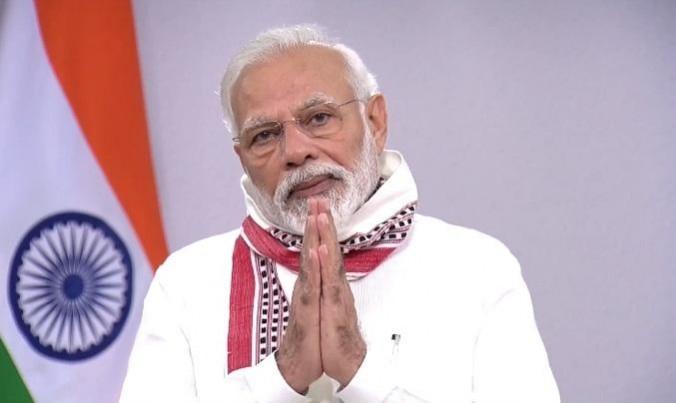
The preparations for the Bhoomi Pujan of the Ram Mandir are on as the date nears on August 5th. In a new move, the Vishwa Hindu Parishad has reached out to Dalit temples for soil. The VHP seeks to have the Ram Mandir built on that soil.
Soil is also reportedly being brought in from BR Ambedkar's birthplace Mhow and the Valmiki Temple where he converted to Buddhism. The VHP sees this as an integral move.
VHP looks to include Dalits in the vision for Ram Mandir
The Ram Mandir has remained one of the highly contended debates in recent times. Now, as the VHP looks to a new era and constructing the long-standing dream in Ayodhya, they are also looking at 'inclusive' horizons.
The VHP will be acquiring soil from Sant Ravidas temple (Kashi), Maharshi Valmiki Ashram (Sitamarhi), Valmiki Ashram (Central Delhi), and Tantya Bhil temple (Madhya Pradesh). They will also be receiving soil for the Bhoomi Pujan from Mhow, BR Ambedkar's birthplace and the Valmiki Temple in Nagpur where he converted to Buddhism.
The message is one of social harmony and empowerment VHP's central secretary general Milind Parande told Economic Times. Moreover, VHP spokesperson Vinod Bansal said that, "The SC community is an integral part of the Hindu society... This community has resisted conversions and fought the most to save cows. The Sangh is indebted to them." The Sangh's move is being seen as a way not to alienate the Dalits from their fold.

The RSS has also been planning to create a training centre for priests from all sections of society as part of the plan. The event of the Bhoomi Pujan has sparked much debate as PM Modi will also grace the event it was reported. All the eyes are now on Ram Janmabhoomi.

















